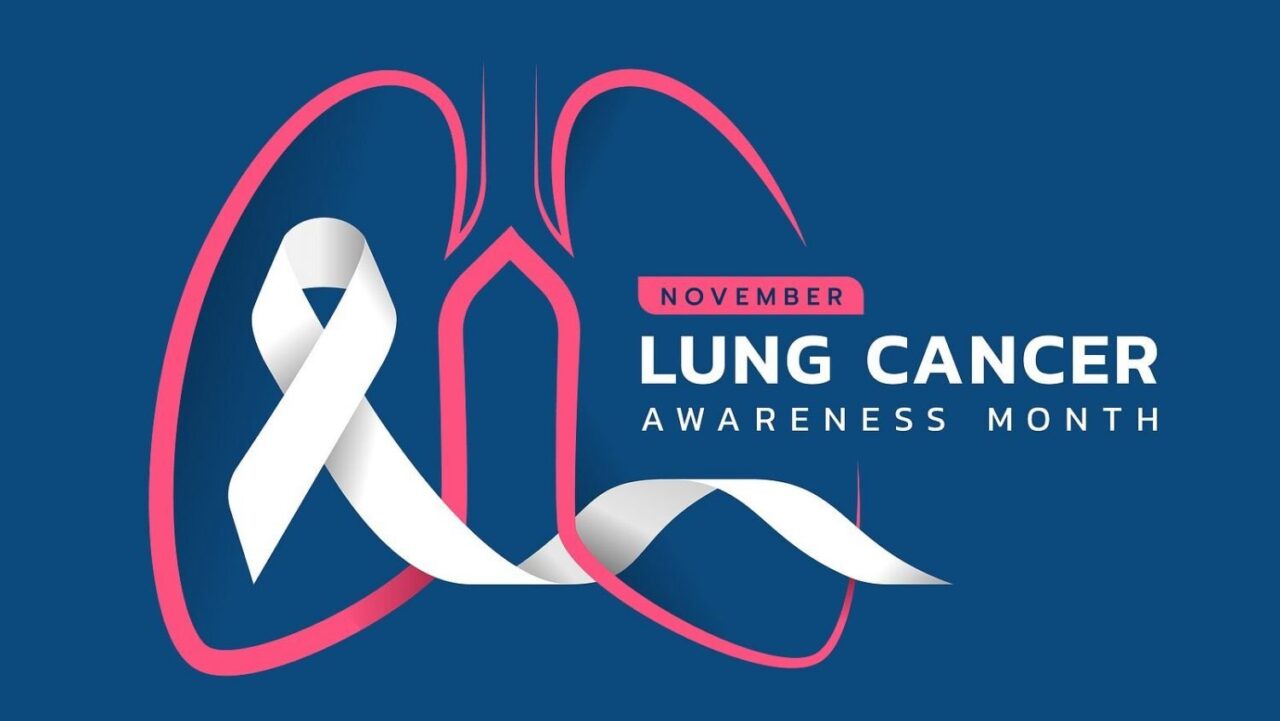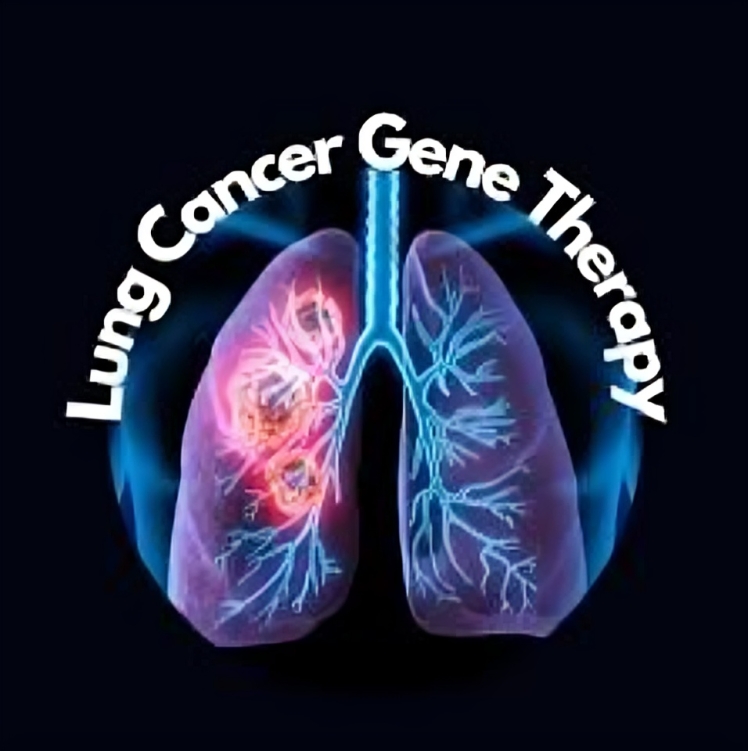
Shahrin Ahmed: Looking back at the progress made in cell and gene therapy during LCAM 2024
Shahrin Ahmed, Medical specialist in oncology at the Canadian Cancer Society, shared a post on X:
“Looking back at the progress made in cell and gene therapy during Lung Cancer Awareness Month 2024.
In honor of Lung Cancer Awareness Month, which is held annually in November. The latest news is cell and gene therapy for lung cancer indications in recent months.
To increase awareness about lung cancer, November is known as Lung Cancer Awareness Month. Preventing and reducing the stigma associated with this disease is possible through the actions we can take. Men and women in Canada experience the highest rate of cancer-related deaths from lung cancer. It is the most frequently diagnosed cancer in Canada, with nearly 30,000 Canadians being diagnosed every year.
Lung cancer can be caused by other factors, including air pollution and exposure to radon gas, even if smoking is the main cause. By comprehending the dangers, individuals can take preventative measures to lessen the likelihood of developing lung cancer and other chronic diseases.
More than 3,200 Canadians die each year due to radon, which is the leading cause of lung cancer among people who have not smoked. The risk of developing this disease increases when exposed to high levels of radon in indoor air.
Both men and women die from lung cancer, as reported by the American Lung Association. Since the 1950s, men have experienced this, and women have experienced it since 1987. The number of lung cancer deaths in 2021 was 134,592. Therefore, patients with lung cancer are in great need. The main types of lung cancer include non-small cell lung cancer (NSCLC) and small cell lung cancer (SCLC).
Kiromic BioPharma’s KB-GDT-01 (Deltacel) is being tested in a phase 1/2 clinical trial (NCT06069570) for treatment of NSCLC on October 10, 2024. The study’s updated data have remained consistent in showing evidence of disease stabilization.
Achilles Therapeutics has dosed the first patients with enhanced host conditioning (EHC) in its phase 1/2 CHIRON study (NCT04032847) in NSCLC and its phase 1/2 THETIS study (NCT03997474) in melanoma. ATL001, which is intended for treating cancer akin to those aforementioned, is being evaluated by both parties. (August 20, 2024)
Genprex has reported positive preliminary results from 2 trials, Acclaim-1 (NCT04486833) and Acclaim-3 (NCT05703971), evaluating combination treatments including quaratusugene ozeplasmid (Reqorsa), its investigational immunogene therapy intended to treat various forms of lung cancer. The company has made the decision to discontinue their other Reqorsa combination treatment trial, Acclaim-2 (NCT05062980), (August 15, 2024).
Survival in patients with non-small cell lung cancer (NSCLC) can be improved by combining viral immunotherapy. CAN-2409 in combination with valacyclovir and standard of care (SoC) immune checkpoint inhibitor (ICI) therapy improved survival in patients with Stage III/IV NSCLC whose disease was not adequately responding to anti-PD-L1 ICI therapy. (June 9, 2024).
Despite ICI treatment, advanced NSCLC patients with recurrent disease are limited in their therapeutic options due to poor tolerability and limited clinical benefit.”

More posts featuring Shahrin Ahmed.
Shahrin Ahmed, PhD, M.Ed, BSc is a Medical specialist in oncology at the Canadian Cancer Society. Shee also holds the role of Human Rights Officer at Human Rights Watch and serves as a Cancer Specialist at Cancer Research UK.
-
Challenging the Status Quo in Colorectal Cancer 2024
December 6-8, 2024
-
ESMO 2024 Congress
September 13-17, 2024
-
ASCO Annual Meeting
May 30 - June 4, 2024
-
Yvonne Award 2024
May 31, 2024
-
OncoThon 2024, Online
Feb. 15, 2024
-
Global Summit on War & Cancer 2023, Online
Dec. 14-16, 2023
